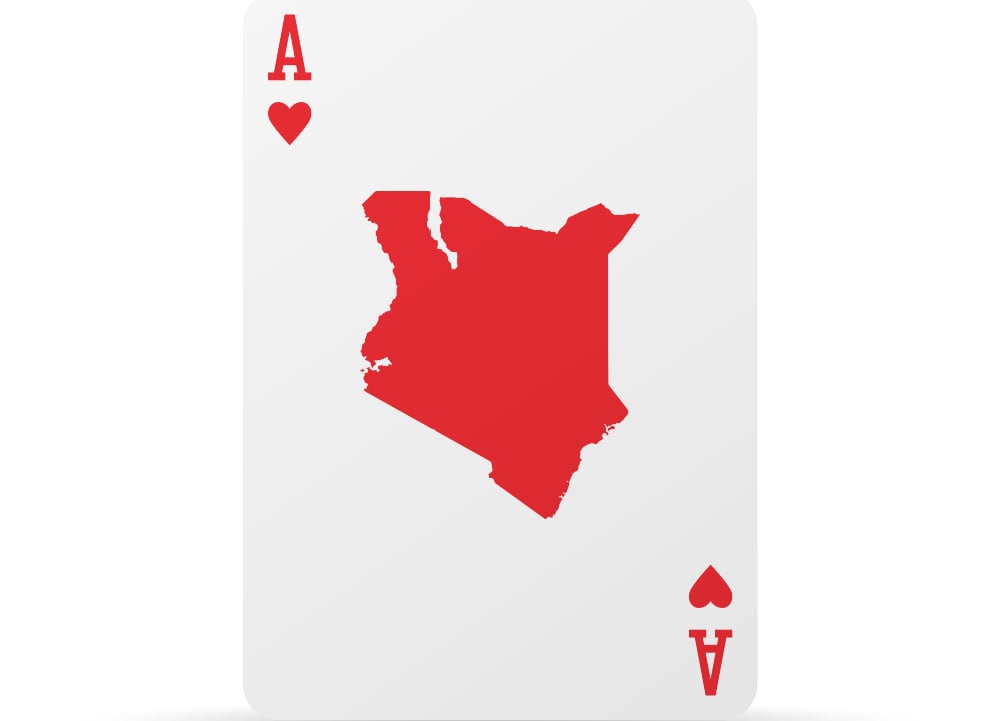Potential ban on the horizon
Kenyan President Uhuru Kenyatta has said he would support a complete ban on gambling in the country. This is the latest setback for Kenya’s gambling industry, which has been under a lot of pressure as of late.
The president was speaking to a church gathering when he made these comments. He spoke about how gambling is “terrible”, but that he could not change the trend by himself.
He urged two legislators who were in attendance to “go back to the constitution and change the laws.” Kenyatta then said that if these changes were to be put in front of him, he would give them his approval.
Milking the industry
In the meantime, the Kenyan government will continue to try and get as much money out of the gambling industry as it possibly can. The president added:
As long as people continue to gamble, Caesar must get his share.”
The betting industry in Kenya has been surging in recent years. According to a PWC report, annual profits for the sports betting industry are $20m. This figure was set to grow to $50m in 2020, but this may change in view of the industry’s current issues.
Currently, Kenya is only behind South Africa and Nigeria in terms of revenue as the biggest gambling markets in Africa.
Trouble in Kenyan gambling sector
Many changes have taken place in the Kenyan gambling sector recently. The authorities and the operators are battling hard against one another.
The Kenyan authorities suspended the licenses of 27 bookmakers in July due to their alleged failure to pay the government taxes they owe.
the estimated sum of unpaid taxes was in the region of $586m
According to the Kenya Revenue Authority (KRA), hundreds of millions were owed in taxes. In total, the estimated sum of unpaid taxes was in the region of $586m.
Tax law debate
The main issue concerns whether or not the sports betting platforms are withholding 20% of their users’ winnings. This was originally part of the new legislation in 2016 but was suspended until 2018.
The likes of SportPesa claim they cannot collect these tax obligations as they are facing legal action from angry clients. There are also different interpretations of the tax law.
The original tax law from 2016 imposes a 20% tax on the net winnings (the total return minus the person’s stake). However, KRA Deputy Commissioner Elizabeth Meyo says the 2018 version of the law relates to gross winnings.
Numerous suspensions
The suspended operators were given until July 1 to pay these taxes before having their licenses frozen. 1xBet, SportPesa, Betway, betPawa, Premierbet, Atari Gaming, Betboss, and Mozzart Bet were among those involved in the controversy.
A number of operators claimed that the suspension of their license was not legal. This led them to file a counterclaim against the Kenyan Betting Control and Licensing Board, which maintained that the authorities are not legally able to make demands for payment when the orders are under protest.
Since the suspension of the licenses in July, only Mozzart Bet has resumed operation of its online sports betting platform.
Calls for a ceasefire
A number of key legislators in Kenya are calling for an end to this long-running dispute. They claim the Kenyan government’s position is negatively affecting the overall economy.
However, the country’s government in Nairobi has dismissed these claims and has told the legislators to stop interfering.




